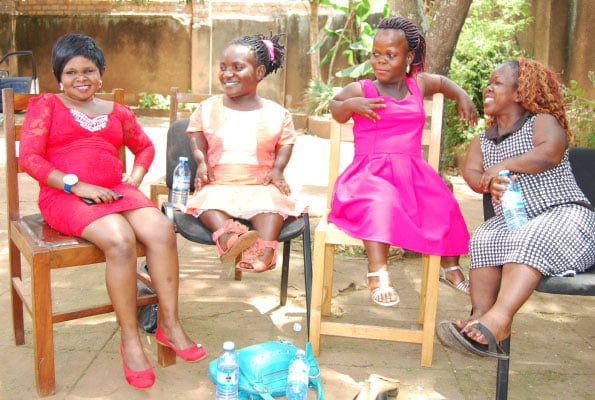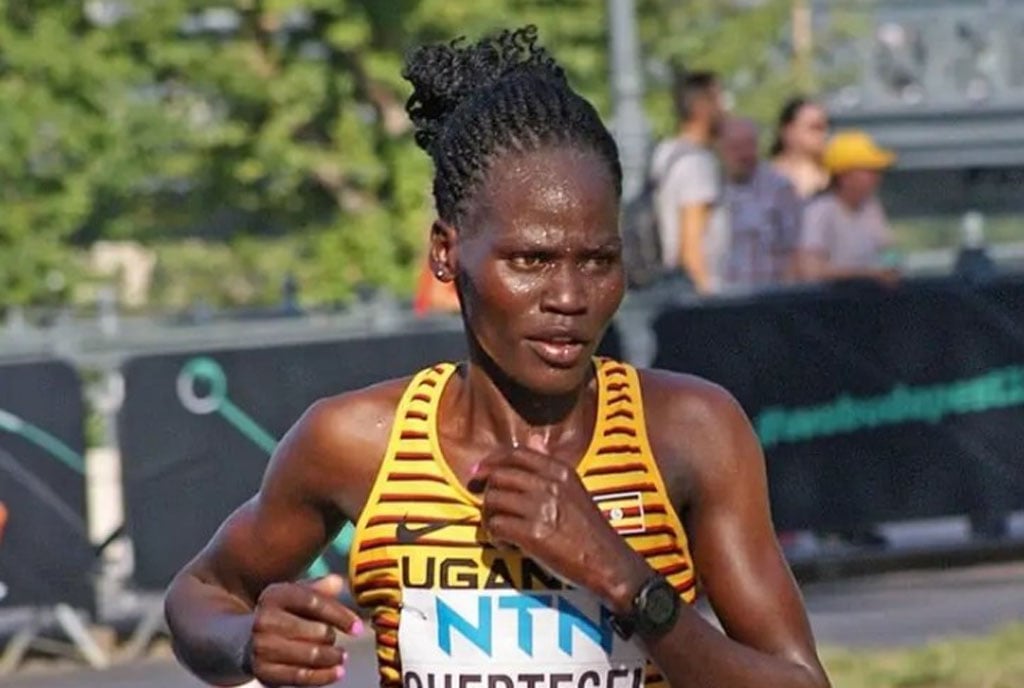Prime
Dwarfism: Little people fight for their inclusion

Persons of short stature (little people) after attending their first Sacco annual general meeting in Kampala in June 2023. PHOTO/JOSEPH KIGGUNDU.
What you need to know:
- Little is known about Achondroplasia or indeed the other conditions that cause dwarfism. Communities, therefore, react in different ways when a little person shows up.
People living with disability (PWDs) were high up on the list of vulnerable categories of persons lined up for special consideration when the presidential initiative on wealth and job creation, also known as Emyooga, was launched in August 2019.
Nearly four years on, people affected by dwarfism are yet to access Emyooga funds. The “little people”, as people diagnosed with dwarfism have come to be known in Uganda, have summarily been embroiled in a bitter fight with their fellow PWDs over their eligibility or lack of it. This is insofar as access to funds that the government has been channelling to beneficiaries through the Micro Finance Support Centre (MFSC), is concerned.
“Until now, there has been no involvement in the programme due to the belief that the ‘little people’ are not disabled,” Mr Peter Mujuni, the executive director of MFSC, reveals, adding, “The physically handicapped and those with visual and auditory impairments do not recognise them as non-disabled. The public too does not see them that way. That has left them out.”
Mr Godfrey Bagada, the chairperson of the Foundation of People Affected by Dwarfism (FPAD), accuses the so-called “mainstream” of opportunistically dragging them back into an argument that he says was resolved more than a decade ago.
“We had all been abandoned or hidden, denied access to health and education or the right to lead a normal life. The more we pointed out these things, the more they started seeing that those are almost the same challenges that physically handicapped, the blind, the deaf and other PWDs suffer,” Mr Bagada recalls the discussion held a decade ago when the National Union of Disabled Persons of Uganda (Nudipu) appeared to ostracise little persons.
Mr Bagada says the face-off set the stage for months of discussion, which arrived at the conclusion that the “little persons” were just as marginalised as those who claimed to have more of a right to be called PWDs.
It was, however, not until after FPAD had been formed that Nudipu recognised little persons as PWDs. More than a decade after that recognition had been earned, the little people have come to realise that whereas the battle for recognition has been won, an even bigger war—one of acceptance and economic inclusion—is yet to be fought and won.
This was hammered home by the decision by the so-called mainstream PWDs to lock them out of the Emyooga programme.
“The situation left them struggling for their voices to be heard. There was a need for them to create space within which they could become visible, but they needed support,” Mr Mujuni points.
Little is known about Achondroplasia or indeed the other conditions that cause dwarfism. Communities, therefore, react in different ways when a little person shows up.
Mr Joel Kawanguzi, a little person employed by FPAD, grew up knowing he belonged to the gods.
“We are eight children. I am the seventh child, but the only person of short stature in our entire clan. They told me, ‘you belong to the spirits of the clan.’ They used to take me to shrines in order for them to get blessings,” Mr Kawanguzi recalls.
The exclusion by other PWDs and marginalisation by society called for an urgent response. Spurred by the rejection from their fellow PWDs and the desire to see a change in the economic conditions of the little person in Uganda, FPAD has, with the support of MFSC, formed a Savings and Credit Cooperative Society (Sacco) through which they hope to improve livelihoods.
MFSC, which sought to find little persons with a view of understanding their endowments, needs and livelihood sustainability for financial inclusion, did not know where to find them.
Ms Jennifer Namutebi Nakangubi, alias Full Figure, who was appointed a presidential assistant with a mission to assist the ruling National Resistance Movement (NRM) identify issues affecting the people in Kampala ghettos in parts of the central region, was drafted into the search.
Full Figure has made some inroads. So has the Sacco that during FPAD’s general assembly on June 7, revealed that it has 56 members and Shs2m in savings. There is, however, work still to be done given FPAD’s registered membership of 650 little persons.
The dream of Kawanguzi, who heads the seven-member executive, is to turn the Sacco within the next five years into a vehicle through which the economic transformation of the little persons will be realised.




